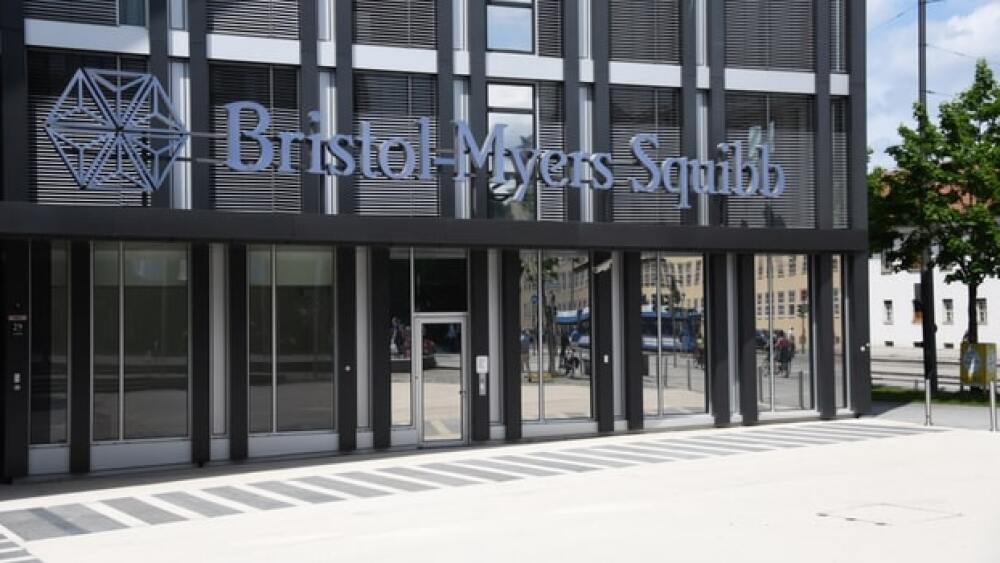ArsenalBio has entered into a multi-year discovery partnership with Bristol Myers Squibb to develop next-generation T cell therapies for solid tumors.
nitpicker/Shutterstock
Privately-held San Francisco, Cailf.-based programmable cell therapy company ArsenalBio has entered into a multi-year discovery partnership with Bristol Myers Squibb to develop next-generation T cell therapies for solid tumors.
ArsenalBio launched back in October 2019 with $85 million Series A financing. The company formed with a focus on integrating various technologies into therapeutic development. These technologies included CRISPR, machine learning and synthetic biology, all of which were to be employed for the discovery and development of immunotherapy agents.
Under terms of the collaboration agreement, ArsenalBio will hold the responsibility of discovering and developing the preclinical drug candidates against several different therapeutic targets. Bristol Myers Squibb has the option to obtain exclusive worldwide license to also develop and commercialize the ArsenalBio-produced preclinical candidates. If Bristol Myers Squibb exercises this option, the company will have the sole responsibility for developing and commercializing these licensed drug candidates.
ArsenalBio will also use a stack of synthetic biology compositions to enable the building of the programmable cell therapy product candidates. This will include the reliance on the company’s PrimeR™ logic gates, CARchitecture™ derived gene expression controls as well as CellFoundry™ mediated nonviral manufacturing. ArsenalBio says “these integrated circuit-modified T cells offer the promise of improved outcomes for patients” with solid tumors.
“Despite the therapeutic benefit of cell therapies for hematologic cancers, cell therapies for solid tumors remain an area of significant opportunity and unmet medical need,” said ArsenalBio’s co-founder and chief executive officer, Ken Drazan, MD, in a statement. “We are thrilled to team up with Bristol Myers Squibb to advance next-generation T cell therapies designed to serve patients and their providers. Their expertise and leadership in cell therapy and oncology drug development will help accelerate the pace with which we can move product candidates into and through clinical development and broaden our opportunity to help more patients and save more lives.”
Bristol Myers Squibb has agreed to provide an upfront payment of $70 million to ArsenalBio and will also make additional payouts for expansion, regulatory and sales milestones. Additionally, ArsenalBio will be eligible for royalties based on sales of any approved products. Bristol Myers Squibb announced it will also invest in ArsenalBio for an undisclosed amount.
The announcement of the collaboration comes after Bristol Myers Squibb’s nivolumab therapy failed to improve survival in a brain tumor trial. In this study, researchers assessed the ability of nivolumab with standard of care to improve progression-free survival and overall survival compared with standard of care alone. As a result of the disappointing findings, Bristol Myers Squibb said they unblinded the treatment assignments, and all patients in the trial now have options for their treatment moving forward. Those that did show benefit from nivolumab have the option of continuing the treatment.
Bristol Myers Squibb merged with Celgene in November 2019, an acquisition that totaled up to $74 billion. Earlier this month, Celgene’s contingent value right (CVR) offered by Bristol Myers Squibb made a swift exit after the U.S. Food and Drug Administration said it would not approve the cancer drug lisocabtagene maraleucel by the Dec. 31 deadline. This deadline was part of three milestones that, if met, would have been worth $6.4 billion to investors. The FDA had also previously delayed review of a Biologics License Application for liso-cell, causing more work for Bristol Myers Squibb in the possibly long road to therapy approval.





